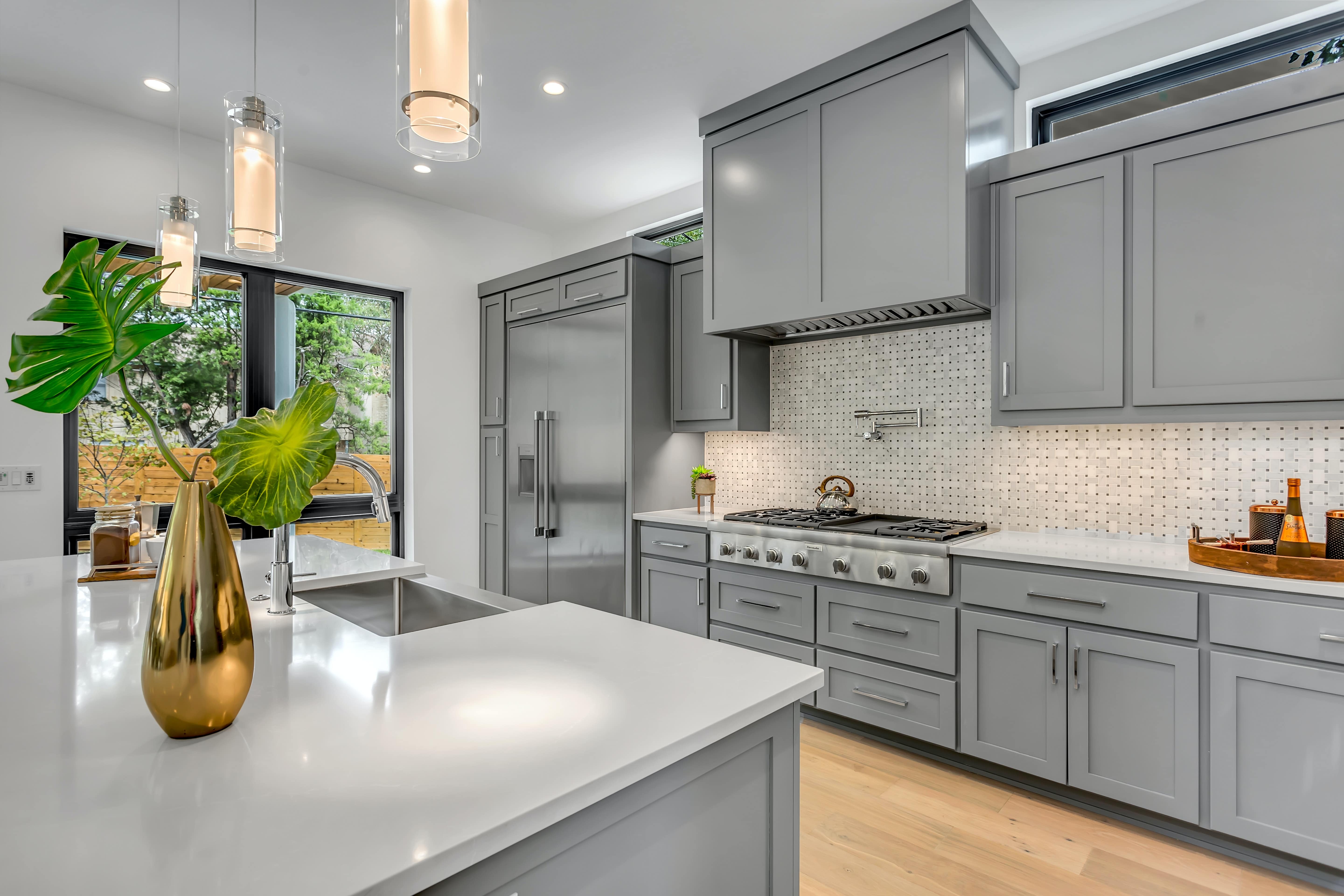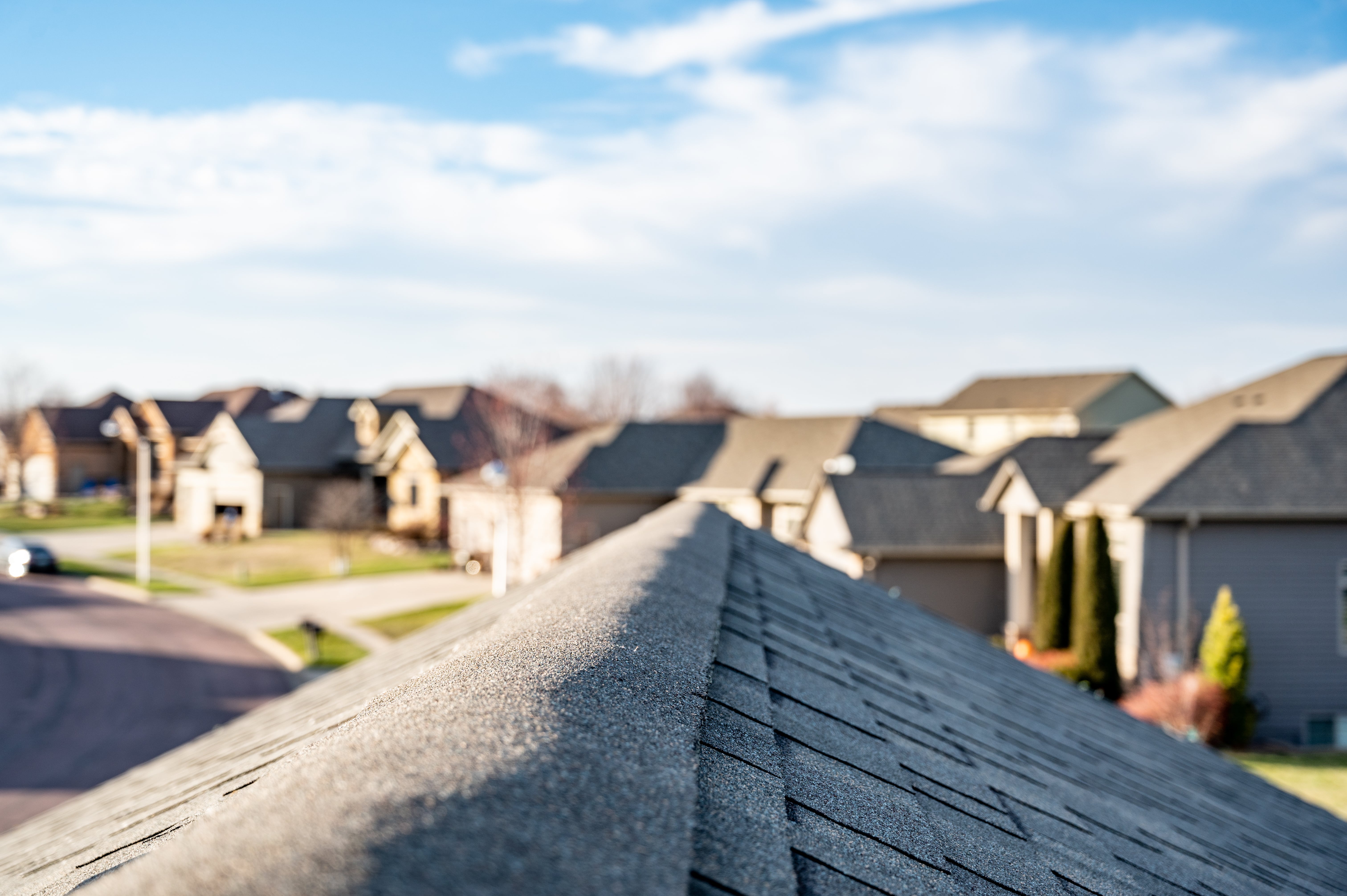Call today to schedule an inspection: (803) 261-4768
Home Inspection Blog Posts & Tips

Congratulations you decided to put your home on the market. Making the decision to sell your home is the easy part, the harder part is prepping your home for sale.The home inspection is a major milestone of your real estate transaction. Even though 95% of buyers will get a home inspection, that doesn’t mean that sellers are off the hook for getting a pre-listing inspection.
Why wait to be blindsided by your buyer’s home inspection report and find out that your electrical panel and roof need major repairs. Regardless of the market, buyers and sellers should get the home inspection. Regardless of whether or not you decide to do any of the needed repairs, having the pre-listing home inspection report gives you the insight you need to make informed decisions throughout your real estate transaction.
Why Should Sellers Get The Pre-listing Inspection
In Columbia, SC
It’s an indication of transparency: A pre-inspection can demonstrate that you’ve cared for your home and are taking extra precautions to ensure its condition is presented as accurately as possible. It’s a negotiating tool: Thorough inspections of your home before it goes on the market will help you avoid surprises during the buyer's inspection cycle, and may allow you to negotiate a better sale price.
What Do Home Inspectors Check During Your
Pre-listing Inspection?
- Appliances: During your pre-listing inspection your inspector will make sure that your appliances are in good working condition. The home inspector will check appliances such as your stove, oven, refrigerator, dishwasher, washer and dryer, garage door, and water heater.
- Systems: A home inspector will check your home's major systems, including electrical, gas, heating and cooling.
- Structural features: They’ll look for any issues with the roof, garage, attic, crawl space, siding, windows, or doors.
Here are a few simple tips to help you prepare for your upcoming home inspection and get your home looking its best
for the inspection and more attractive to buyers.
Make Sure That All Areas Of The Home Are Accessible
Check to make sure the home inspector can reasonably access areas of the home that they need to inspect.This includes the attic, the crawlspace, the garage, the shed, and that quirky storage closet. Any part of the physical structure, make sure someone could reasonably access it without having to move heavy items or do gymnastics to get there. The inspector will also need the remote controls for any equipment being sold with the house, such as lights, fireplaces,
or ceiling fans.
Make sure that the inspector will have access to all areas of the home that they need to inspect. These areas include the attic, crawlspace, garage, the shed, and even the storage closet. All areas, including any areas of the physical structure should be reasonably accessible. Be sure that you have your remote controls for any equipment being sold with the house, such as fireplace, ceiling fans, and lights. Your home inspector needs to be able to enter every room, open every cabinet and closet and inspect each and every detached structure.All areas should be unlocked and accessible. Move stored items away from the walls so that the inspector can view the foundation.
Identify What’s Broken
Replace lightbulbs and patch holes in the drywall. Make sure the windows open and close.
Fix that leaky faucet. If you can’t take care of it yourself, call in a professional, whether that’s a plumber, electrician, or handyman.It’d be smart to do some preemptive maintenance, too, and set the receipts and warranties out on the kitchen counter or a dining table for the inspector to review.And if something isn’t working or needs a repair, such as a major appliance or part of the roof, get an estimate before the inspection. “At least that way the inspector and the buyers have an idea what’s going on.
- Clean out your gutters and downspout
- Check wood trim joints for caulk and softness
- Secure or replace all loose wood or bricks on steps
- Fix nail pops and loose shingles on the roof
- Assess the hose faucet for leaks
Inside:
- Change out all air filters
- Adjust doors that stick when they open or close
- Look for holes from door handles, and repair if needed
- Replace burned-out lightbulbs
- Check that all outlets have covers
- Inspect the water heater for corrosion and leaks
- Test the stove: Do all the burners work? Are any elements broken?
- Run the dishwasher and garbage disposal
- See if all the toilets flush properly
Put Your Pets Away During The Inspection
Consider taking your pets to a friend’s or relative’s house for a few hours, or securing them in a kennel where they
won’t get in the way of your home inspection.
Clean and declutter inspection access points
- Clean stove and oven
- Empty storage from attic
- Organize any closets that are access points to your attic or crawl space
- Clear at least 4 to 6 inches of space around the perimeter of your home’s exterior
Test functionality of the items a home inspector will check
- Open and close windows and test locks and seals
- Flush all toilets and run all faucets
- Run any ceiling or bathroom fans
- Try all light switches
- Open and close garage doors manually and with the remote, then test the reverse safety setting
- Confirm weather stripping on doors is intact
- Ensure that downspouts are properly diverting water away from the home
- Check to make sure heating ducts are connected in crawl space
- Check that fan ducts are properly venting out of the attic
Sweep debris off the roof (or pressure wash if needed)
- Trim trees that are near or hanging over the roof line
- Clean out gutters
- Clear debris from around the A/C compressor, downspout drainage, and foundation vents
- Slope soil away from the home for water runoff
Suggestions For Last-Minute Preparations For Your Inspection
- Plan to leave your home an hour early
- Take pets with you
- Leave remotes for garage door, ceiling fans, lights, etc.
- Leave keys for gates, outbuildings, and electrical boxes
- Turn on pilot light for gas-fired appliances, including the water heater
- Make sure all utilities are on
- Take laundry out of the washer and dryer
- Remove dishes from the sink and dishwasher
- Leave a sketch identifying the location of a well or septic tank
- Leave paperwork for any maintenance, repairs, or insurance claims





